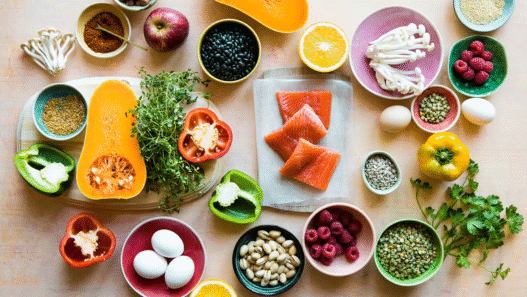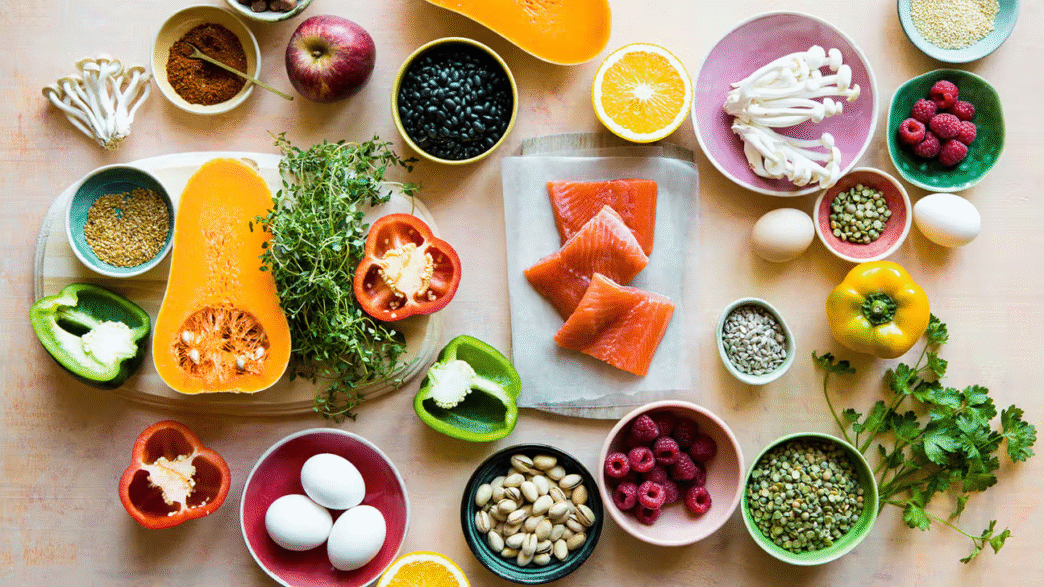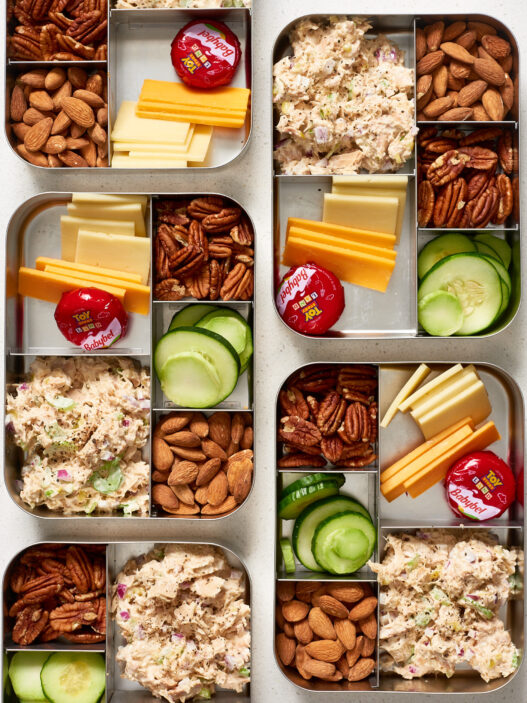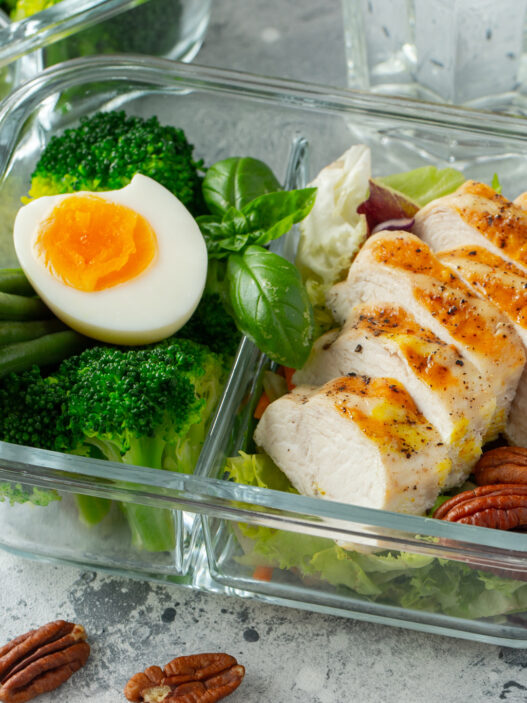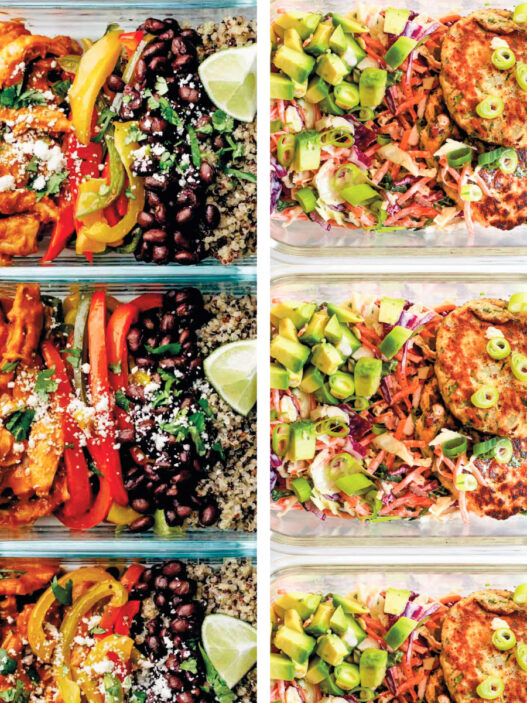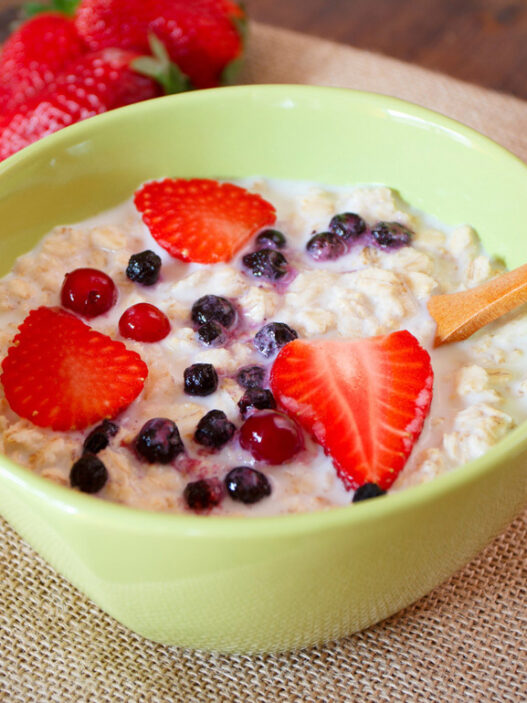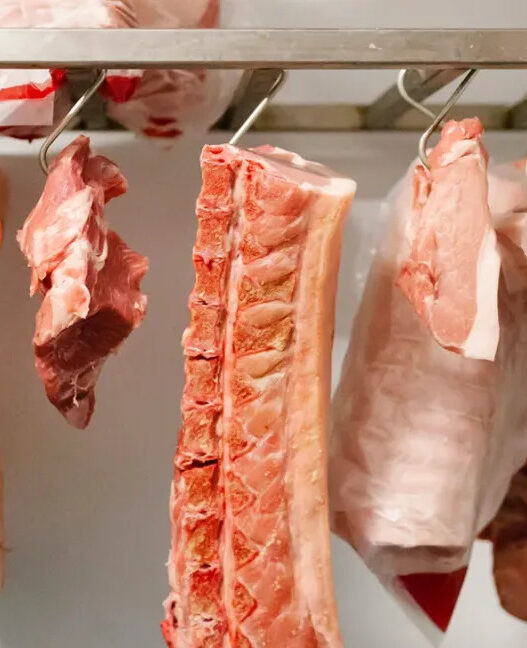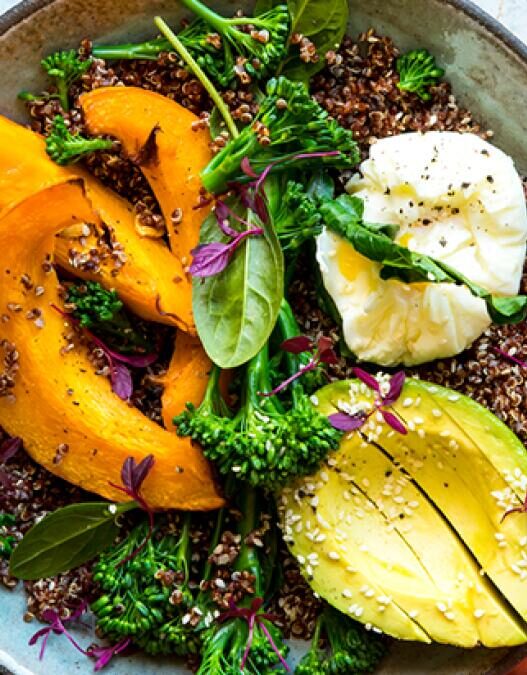The keto diet or ketogenic diet has come into global prominence for its potential to induce keto weight loss, control blood sugar and enhance metabolic health.
As opposed to conventional diets, keto diet emphasizes minimizing carbs consumption to target the body on ketosis. Ketosis is a metabolic condition where fats are transformed into ketones and utilized as main energy sources.
While healthy fats and proteins get most of the attention, keto friendly vegetables provide fibers, vitamins, minerals, and phytonutrients.
The Science Behind Keto Friendly Vegetables
Vegetables are in general good for health, but not all are keto friendly. Net carbs become the deciding factor, calculated by deduction of dietary fibers from total carbs consumed.
Keto diet generally restricts carbs consumption to 20 to 50 grams daily. This means the high starch vegetables such as potatoes, corns and carrots can easily surpass carbs limit.
Conversely, keto vegetables such as spinach, kale, cauliflower, broccoli and zucchini are low in net carbs but rich in micronutrients.
- Spinach – 100 g has 1.4 g net carbs, high in iron and vitamin K.
- Cauliflower – 100 g has 3 g net carbs, a great source of vitamin C and antioxidants.
- Zucchini – 100 g has 2.1 g net carbs, high in potassium and vitamin A.
- Kale – 100 g has 3.6 g net carbs, rich in vitamin A, K and calcium.
- Bell Peppers – 100 g has 2.9 g net carbs, high in vitamin C.
- Avocado – 100 g has 2 g net carbs, providing heart healthy monounsaturated fats.
- Mashrooms – 100 g has 2 g net carbs, source of selenium and vitamin D.
- Cabbage – 100 g has 3.3 g net carbs, supports digestion and immunity.
- Asparagus – 100 g has 1.8 g net carbs, rich in folate, supports detoxification and digestion.
All these vegetables not just support ketosis but also avoid nutrient deficiencies. This means that they are must in a keto friendly vegetable diet.
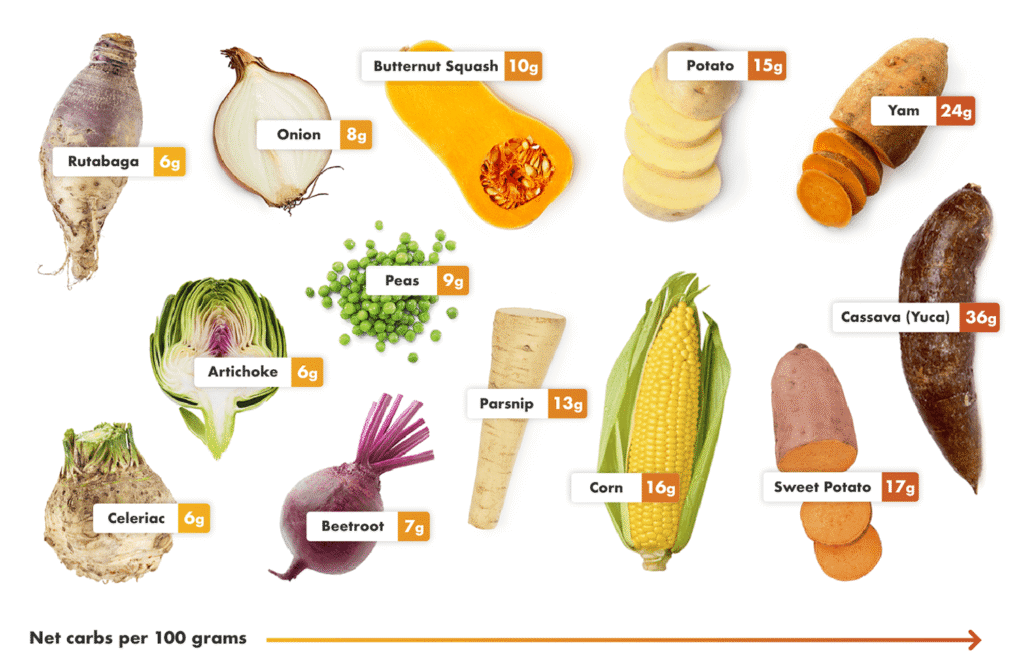
Why Keto Friendly Vegetables are Necessary
Keto friendly vegetables are good for us in so many ways.
Fiber and Gut Health – low-carb vegetables provide both soluble and insoluble diet fibers that aid digestion and support healthy gut microbiota. Fibers retard glucose absorption rates, providing stable blood glucose levels essential to type 2 diabetic patients.
Micronutrient Density – such foods as kale and broccoli are nutrient-dense powerhouses that contain magnesium, calcium and folate. These nutrients contribute to the structure of bone nerve function and repair of cells.
Antioxidants Properties – keto friendly vegetables include phytonutrients in the form of flavonoids, carotenoids and polyphenols that fight oxidative stress and minimize inflammation. This is particularly relevant because high fat diets increase oxidative stress.
Satiety and Weight Control – the fiber and low carbs vegetables combination ensures satiety, minimizing the urge to eat excess calorie food.
Best Keto Friendly Vegetables
Some best vegetables that should be included in keto friendly diet plan are:
Leafy Greens – spinach kale, lattice, Swiss chard, arugula are very low in carbs and can be used in salads.
Cruciferous Vegetables – broccoli, cauliflower, brussels sprout, cabbage are high in fiber and can be used in keto recipes such as keto pizza crust or cauliflower rice.
Zucchini and Squash – perfect substitute for pasta if spiralized or baked.
Avocado – avocado is technically a fruit but thought of as a freely available keto friendly vegetable because it is low in carbs and rich in monounsaturated fat.
Mushrooms – mushrooms are low in net carbs and are a good source of selenium, a trace mineral essential for thyroid function.
Bell Pepper – it is a source of vitamin C and antioxidants while being very low in carbs when eaten moderately.
Although some of the vegetables are nutrient-dense, due to their high starch content, they are not ideal for a strict keto diet. They are potatoes, sweet potatoes, corn, peas, and carrots. Avoid them or use them sprightly based on people’s carbs tolerance.
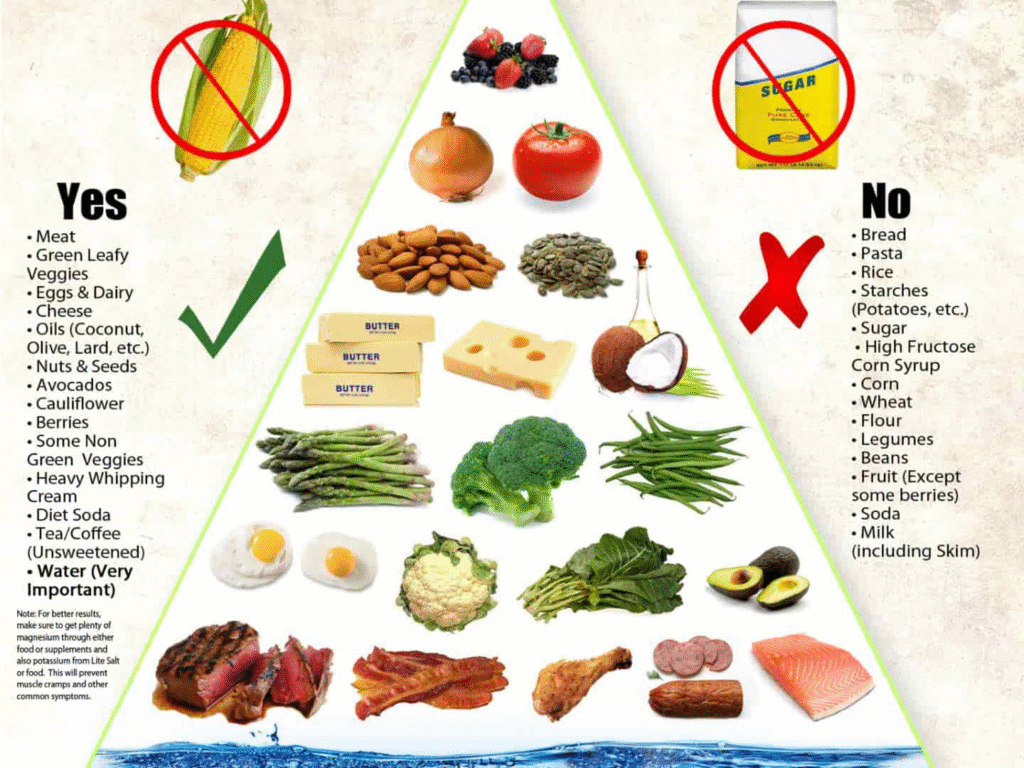
Conclusion
Keto friendly vegetables are the foundation of a ketogenic diet that provide that although carbs are limited, the body is still getting all the important nutrients and antioxidants.
They promote gut health, minimize inflammation and increase satiety, thus facilitating the diet to be feasible in the long term. By opting for leafy greens, low carbs vegetables, people can live well on a keto friendly vegetable diet without sacrificing ketosis.
Including keto vegetables, keto cheese, keto snacks, etc. in the diet not only optimizes the advantages of ketosis but also fills in the nutritional gap that is otherwise a common drawback of low carb diets.






